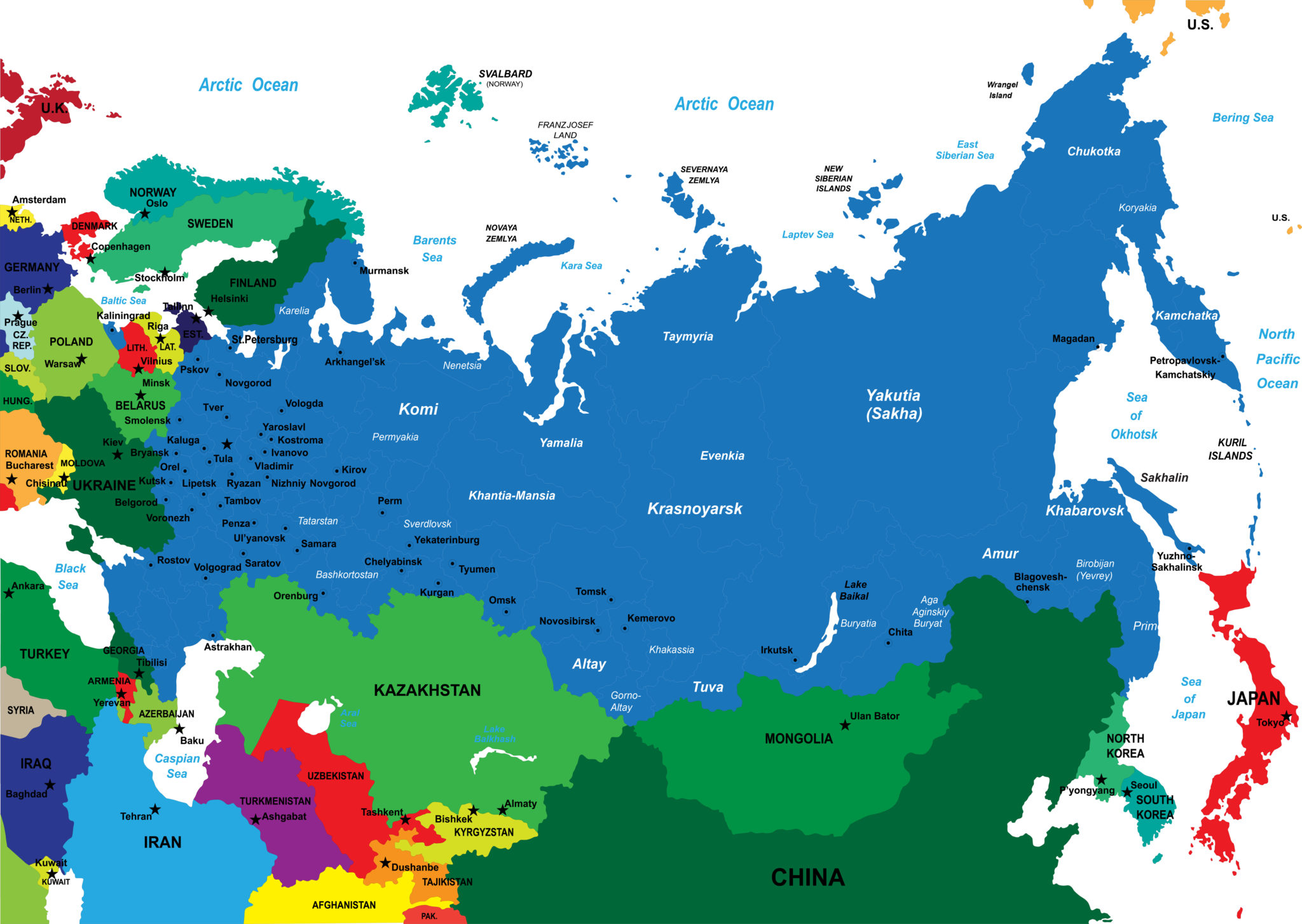The basis for most post-Soviet countries’ closeness to Russia lies not only in geographic proximity, but also a nuanced kinship — their shared inability to find the common language with Western institutes and their leadership.
Post-Soviet elites, the majority of whom are kleptocratic, first and foremost dread losing their power and the wealth accumulated over the years of their rule. At the same time, predominantly they are unwilling to become Moscow’s hostages in everything that concerns their and their families’ future.
None of them want to share the fate of former Ukrainian President Viktor Yanukovych and — in case of their fall from power — to flee to Russia without the ability to travel beyond its borders. Also, Putin’s Russia itself is viewed by every single leader of these countries as a threat to their sovereignty and regional stability. Today, this threat appears to them as more viable than the fear of color revolutions that have become traditional in this part of the world.
All of this gives us ground to assert that the leaders of the post-Soviet republics are ripe for full-fledged dialogue with the West to seek ways for integration. In essence, they are willing to give up a certain part of their bad habits in order to gain a sense of security.
“All or nothing” politics in the form of democratization in post-Soviet countries has proven to be ineffective. We see as much more effective a gradual development of independent institutes in these countries in exchange for the expansion of economic cooperation.
The fact that a cold war is going on can be endlessly denied, but the geopolitical confrontation with Russia is obvious, and the majority of republics surrounding Russia would prefer not to become unwilling hostages to their aggressive neighbor. That new cold war, which started after Russia’s occupation of Crimea, completely redrew the map of political sympathies in the post-Soviet region.
The current situation includes not only new risks but also new opportunities. An opportunity for the post-Soviet countries surrounding Russia to finally set foot on the path of development offered by the Western civilization, and the ability for the West to offer those countries both political and economic alternatives based on Western values: inclusivity of state institutions, separation of powers, protection of human rights, free economy and stable development.
The coming decade will separate countries and elites of the former USSR into the victorious and the defeated for years to come — those who will forever remain in the totalitarian Soviet past and those who will spring forward into the civilized future.
The greatest obstacle on the path toward integration for the former Soviet countries — and, above all, their political and economic elites — into the Western civilization model is the difficulty in finding common ground. This is where the primary challenge and mission are — to help the post-Soviet countries’ elites find a common language with Western political and economic elites; to formulate mutual interests, find ways to their implementation, and provide for the long-term stable partnership of the parties along this path; and to move the civilizational choice of the countries of the former USSR from the cubbyhole of present-minute tactical interest to the grade of a long-term strategy.
U.S. foreign policy over the past two presidents has been difficult for leaders in post-Soviet countries to gauge. At various times, they have been friends when an airbase was needed, foes when abuses of human rights were reported and, more frequently, ignored as a strategic partner. The incoming administration inherits a sense of unease in the region but also opportunity. While Russian President Vladimir Putin has pushed to fill the vacuum over the past several years, President Donald Trump will find political and business leaders willing and eager to engage. Should the United States and the West create relationships in the region that indicate a long-term commitment, they will be rewarded with strategic partnerships and a positive shift in the geopolitics of the region.
I’m firmly convinced that the rapprochement of regional post-Soviet elites with Western government institutions and civil society serves the interests of global security and is capable of gradually achieving the democratization of the entire region and, as a consequence, Russia itself.
Anatoly Motkin is the president of StrategEast, an organization supporting democratic transformation and erasing corruption in post-Soviet states.




